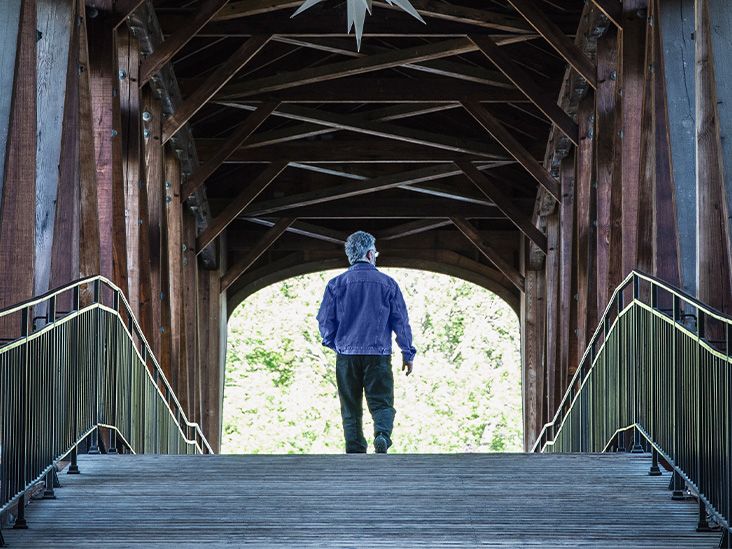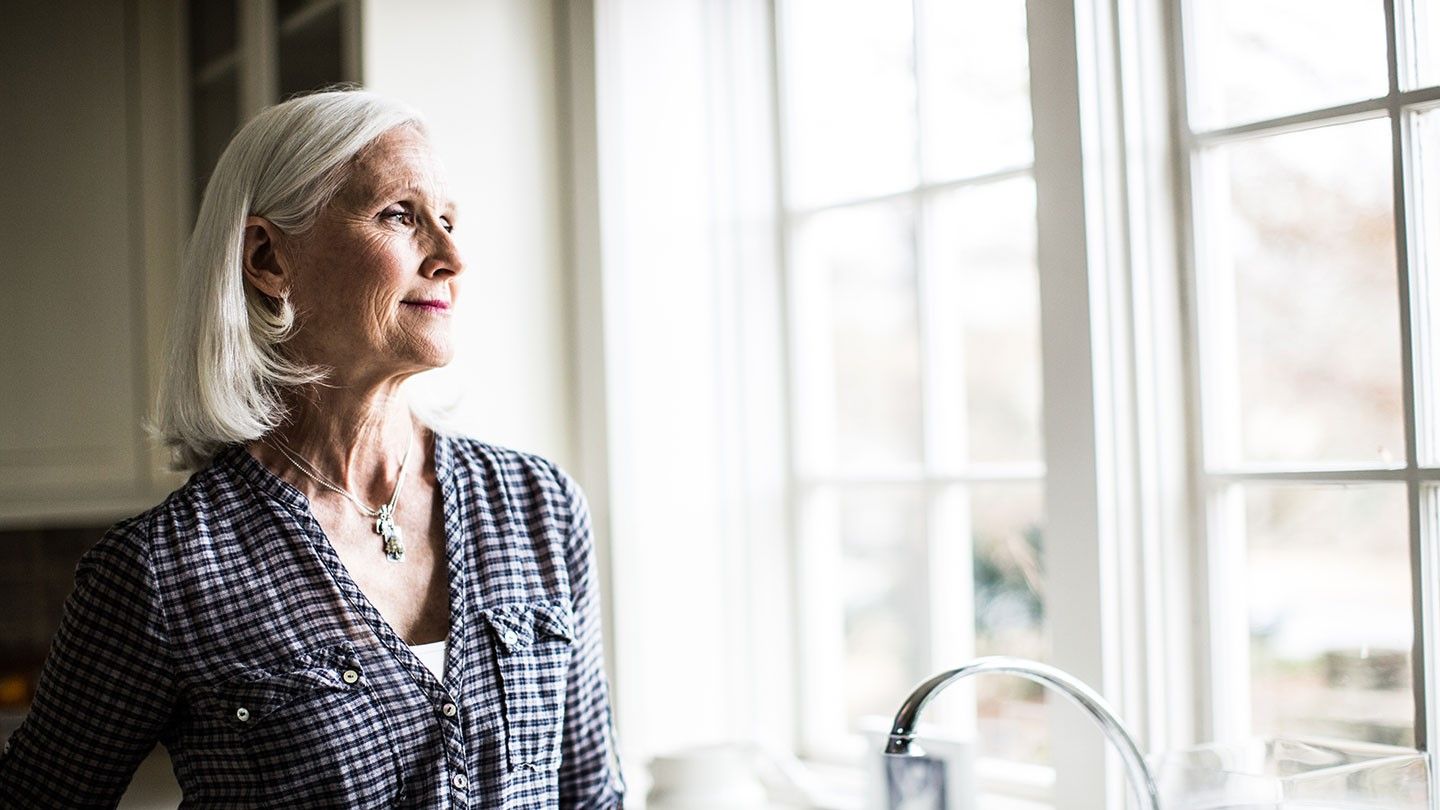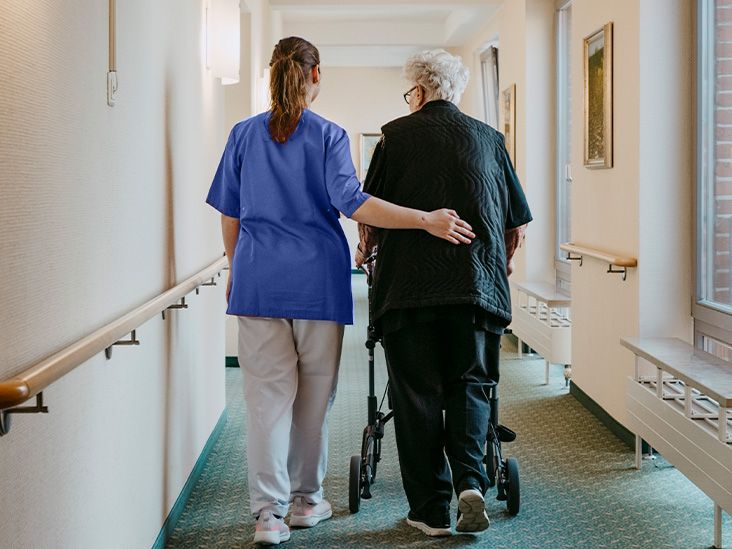Hey there! Let's talk about something that might be on your mind if you or a loved one is getting older - keeping your home clean and comfortable. I know, it's not the most glamorous topic, but trust me, it's one of those things that can make a world of difference in daily life.
So here's the million-dollar question: Does Medicare help with house cleaning? Let me give you a straight answer right off the bat - typically, no. Medicare usually doesn't cover general cleaning services, unless there's a medical reason involved. I know, that might be disappointing to hear, but don't worry! We're going to walk through all your options together and find some solutions that might work for your situation.
Understanding Medicare's Coverage
Think of Medicare like a helpful friend who's really good at taking care of your health needs, but maybe not so much with household chores. Medicare is designed to cover medical necessities - things that keep you healthy and help you recover from illness or injury. House cleaning, while important, usually falls into what they call "custodial care" - the kind of everyday help that keeps life running smoothly, but isn't directly medical.
This means regular tasks like dusting, vacuuming, or doing laundry typically aren't covered. Medicare sees these as "homemaker services," which are different from medical care. It's kind of like how your health insurance probably doesn't pay for your gym membership, even though exercise is good for you. The system draws a line between what's medical necessity and what's general comfort.
When Cleaning Becomes Medical Necessity
Here's where things get interesting though. Let's say you have a condition like asthma or COPD that makes air quality really important for your health. In cases like this, your doctor might actually recommend specific cleaning services as part of your medical care plan. Imagine it like this: if you had diabetes, Medicare would cover your insulin and doctor visits, right? Well, in some cases, they might cover air purifiers or deep carpet cleaning if your doctor says it's necessary for managing your breathing condition.
I remember hearing about a lady named Margaret who had severe allergies. Her doctor wrote an order for professional allergen removal services, and because it was tied to her medical condition, part of the cost was covered. The key word here is "medical necessity" - Medicare wants to see that the cleaning is directly connected to helping treat or manage a health condition, not just making life more comfortable.
What Medicare Actually Does Cover
While Medicare might not be sending a housekeeper to your door, it does cover some pretty important services when you need them at home. This includes skilled nursing care, physical therapy, occupational therapy, and in some cases, help with bathing or personal care - but only when you're also receiving medical treatment at home.
Think of it like this: Medicare will help with your medical care at home, but not with general housekeeping. It's like having a visiting nurse come check on you after surgery, but they won't be tidying up your kitchen while they're there. The focus is really on the medical aspect of your care.
Medicare Advantage Plans and Extra Perks
Now here's where things get a bit more flexible. Some Medicare Advantage plans - those are the alternative plans you can choose instead of traditional Medicare - have started offering extra benefits that basic Medicare doesn't cover. Some of these plans have begun including things like air quality improvements or even specialized cleaning for people with certain medical conditions.
It's kind of like how some cell phone plans now include streaming services - they're looking for ways to offer more value. However, these benefits can vary widely between plans and regions, so you'd need to check directly with your specific plan provider to see what's available. According to Medicare.gov, these plans have more flexibility to offer additional services beyond what Original Medicare provides.
Other Programs That Might Help
Don't lose hope just yet! There are several other programs that might be able to help with cleaning assistance, especially if money is tight. Medicaid, which is different from Medicare and is based on income, might cover homemaker services in some states through special waivers.
Community programs can be real treasures. Many areas have volunteer organizations, senior centers, or religious groups that offer free or low-cost cleaning help. The Area Agencies on Aging, which exist in every state, often know about all the local resources available to seniors.
| Program | Who Qualifies | What It Covers |
|---|---|---|
| Medicaid Waivers | Income-based, varies by state | May include homemaker services |
| PACE Programs | Age 55+, live in service area, meet nursing home level of care | Full care including non-medical support |
| Local Volunteer Groups | Seniors who need light housekeeping | Free or low-cost cleaning via volunteers |
Paying for Professional Cleaning Services
Let's talk numbers for a moment. If you do need to pay for cleaning services out of pocket, it's helpful to know what to expect. Regular cleaning services typically cost between $100 and $250 per visit, depending on where you live and how much help you need. Deep cleaning can be $300 or more, while specialized services for people with allergies or after medical procedures might run $200 to $400.
Here's a tip I learned from talking to families who've been through this: always ask about senior discounts or payment plans. Many cleaning companies offer reduced rates for regular customers or seniors, but they won't always advertise these options. It's worth asking!
When choosing a cleaning service, look for companies that are members of professional organizations like the Home Care Association of America. Getting referrals from your doctor, social worker, or other trusted sources can also help you find reliable help.
The Big Picture: Why a Clean Home Matters
You know what? Keeping your home clean isn't just about appearances. A tidy, well-maintained home can actually help you stay healthier and safer. Think about it - fewer dust particles mean better air quality, less clutter means fewer tripping hazards, and a clean kitchen helps prevent foodborne illness.
I've seen how much of a difference even a little cleaning help can make. My neighbor, Sarah, was struggling to keep up after her hip surgery. Just having someone come in once a week to tidy up and do the dishes gave her so much more energy and peace of mind. She told me it felt like having her independence back, even while she was recovering.
Sometimes, a clean home isn't just about comfort - it's about maintaining the ability to live independently. For many seniors, keeping their living space manageable means they can stay in their own homes longer, which is often what people want most.
Where to Go From Here
So what's the takeaway here? While Medicare might not be writing checks for your house cleaning, there are still plenty of options to explore. Start by talking to your doctor - they might be able to recommend services that would qualify under your medical care plan if you have breathing issues or other conditions that make cleanliness medically important.
Reach out to your local Area Agency on Aging. These folks are like treasure maps for community resources, and they often know about programs that aren't widely advertised. Many areas also have volunteer organizations that provide free or low-cost help to seniors.
Don't forget to check in with your Medicare Advantage plan if you have one. Even if they don't currently offer cleaning benefits, their policies can change, and they might have resources or partnerships you haven't heard about.
And hey, if you do need to pay for cleaning services yourself, remember that it might be worth the investment in your health and happiness. Sometimes spending a little money on help can actually save you money in the long run by helping you avoid accidents or health complications.
Making the Best Choice for Your Situation
Every situation is different, and what works for one person might not work for another. The most important thing is figuring out what matters most to you and finding ways to make it happen. Whether that's maintaining your independence in your own home, staying healthy, or simply having one less thing to worry about each day.
Remember, asking for help isn't a sign of weakness - it's a smart way to manage your resources and maintain your quality of life. Whether that help comes from family, community programs, or paid professionals, the goal is the same: creating a living situation that supports your health and happiness.
If you're feeling overwhelmed by all the options, that's completely normal. This kind of thing can feel complicated, and it's okay to take it one step at a time. Start with the resources that are easiest to access - maybe that's calling your doctor or checking with local senior services. Each step forward is progress, and you don't have to figure everything out at once.
The most important thing is that you're thinking about this and taking action. That shows you care about your wellbeing, and that's something to be proud of. A clean, comfortable home isn't just nice to have - it's an important part of staying healthy and happy as we age.
Whatever path you choose, remember that you're not alone in figuring this out. There are resources, programs, and caring people ready to help. Sometimes the hardest part is just knowing where to start, and now you have a roadmap to guide you forward.
FAQs
Does Medicare cover regular house cleaning for seniors?
No. Original Medicare typically does not pay for routine housekeeping tasks like dusting, vacuuming, or laundry unless the service is deemed a medical necessity.
What makes a cleaning service a medical necessity under Medicare?
A cleaning service qualifies as a medical necessity when a doctor orders it to treat or manage a specific health condition—such as severe asthma, COPD, or allergies—where the cleaning directly impacts the patient’s medical care.
Can Medicare Advantage plans help with cleaning services?
Some Medicare Advantage plans offer additional benefits, like air‑quality improvements or specialized cleaning for certain conditions. Coverage varies by plan and region, so check your plan’s details.
Are there state or federal programs that can pay for housekeeping for seniors?
Yes. Medicaid waivers, PACE programs, and local Area Agencies on Aging often provide or fund homemaker services for eligible seniors based on income or health needs.
How can seniors find affordable professional cleaning services?
Look for companies offering senior discounts, inquire about payment plans, ask for referrals from doctors or social workers, and check with local senior centers or volunteer groups for low‑cost assistance.
Disclaimer: This article is for informational purposes only and does not constitute medical advice. Always consult with a healthcare professional before starting any new treatment regimen.
Related Coverage
Blood loss becomes deadly when it exceeds 40% of total volume. Rapid treatment with IV fluids, blood transfusions, and controlling bleeding is vital to survive major hemorrhage....
Doing crossword puzzles regularly can help improve memory, concentration, and reasoning in aging adults. Crosswords engage broader cognitive skills than brain games....
Get clear answers on Medicare open-heart surgery coverage, what it includes, and how to minimize your out-of-pocket expenses....
Get clear info on Medicare North Carolina 2025 plans, costs, and coverage options to help you choose the best fit....
Stay active and healthy with low impact exercises designed for seniors. Improve strength, balance, and heart health without joint stress....
Find the best Medicare options in Oklahoma with our simple guide. Learn about plans, enrollment, and help available in the Sooner State....
Find out if your Medicare plan includes a grocery allowance and how this benefit can help you save on food costs....
Explore the most common health challenges facing senior citizens and learn effective strategies for managing age-related conditions and maintaining well-being as you get older....
Use nursing home ratings to find quality care. Learn how to interpret star ratings, compare facilities, and choose the best option for your loved one....
Learn how American Indians and Alaska Natives can save on Medicare costs with special programs and protections....









